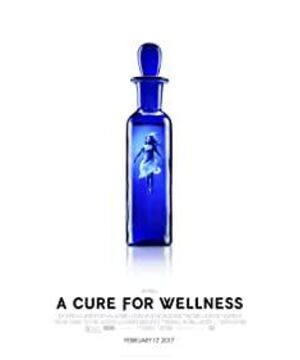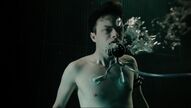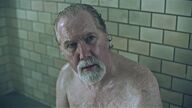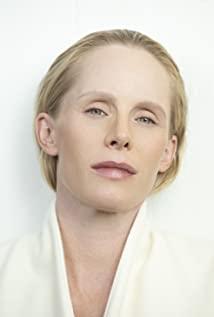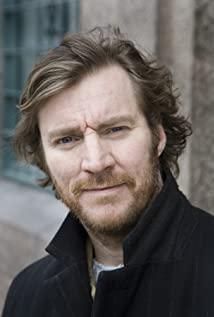After reading a lot of film reviews, I feel that no one understands the content of the film. Here I will talk about the plot I saw.
1. The film starts with a tall and dense office building (visually depressing). The office building is lit sporadically at 4 or 5 in the morning. The best employee of a financial company, xx, may die of myocardial infarction due to overwork (one person In the company, all computer screens are on, metaphorically, the burden of the employee's work). At this time, the title of the film appears, and the previous paragraph basically tells us the theme of the story (I don't understand the lead at the beginning, but I think this lead shows the essence of the story).
2. The mother said, "You look tired, you should pay attention to rest, and I also told your father."
I think the protagonist Lockhart is a mental patient. From the beginning to the end of the film, Lockhart is pale, with thick dark circles under his eyes (extremely poor mental state, lack of good rest), the suicide of his father in the financial industry stimulated the young Lockhart, Lockhar wanted to know why his father committed suicide, and later, engaged in the same profession as his father (a profession full of dirty deals, greedy desires, evil conspiracies). The mother knew about Lockhart's condition and gave him a girl who danced with her eyes closed, saying that the girl closed her eyes because she was dreaming (implying that the girl actually refers to Lockhart, and the mother hoped that Lockhart would wake up from the dream and recover from mental illness. ). The death of the mother once again stimulated Lockhart and made Lockhart completely mad (when the mother died, an elk boarded the vehicle that Lockhart was riding, a metaphor, the death of the mother hit Lockhart's nerves), when the mother died The dancing girl with her eyes closed in her hand fell off to the ground, proving that her mother had been worried about Lockhart, who was mentally ill, and only Lockhart saw off alone when her mother was cremated.
3. The reality and fantasy of the nursing home are intertwined, like a dark classical waltz.
Everyone thought that Lockhart was involved in the conspiracy of the sanatorium because he was arranged by the company to pick up the president. In fact, it is Lockhart's fantasy in a sanatorium to treat mental illness. Here is the part where the director handles the best. When Lockhart entered the sanatorium, he heard the driver tell the historical and legendary stories of the castle. Lockhar had a persecuted personality and incorporated the story into his own treatment process. You may have also seen that in the film, Lockhart's father committed suicide by jumping into the river in the rain. Therefore, Lockhart was afraid of water. When he touched water, he imagined a twisted eel, which symbolized Lockhart's mental state. Lockhart forgot his father's face, and combined with legends, he imagined a baron who had not burned his face for more than 200 years (in fact, it was a morbid manifestation of his father, neither of which had a face). In the film, the daughter of the baron's sister, the heroine, is actually a fantasy from the closed-eyed dancing doll given to him by Lockhart's mother, which is also a metaphor. . The heroine mainly reflects that before Lockhart was still a minor, he had poor psychological endurance and was hurt by the baron, that is, the biological father of the heroine (a metaphor for the harm that Lockhart caused when he saw his father commit suicide when he was a child).
4. Is it a happy ending or an endless abyss?
Lockhar and the heroine jointly killed the baron (metaphorically killed the shadow left by Lockhar's father), and burned down the old castle sanatorium (burned by the carrier of persecution fantasy), Lockhar and the heroine (both himself) ) fled, when hitting the car going uphill on the road, the director who got off the car finally gave this sentence, "Lockhar, are you crazy?!" "No, I feel I'm better" Feeling that Lockhart won Even though the sanatorium was burned down, the treatment in the sanatorium was still effective. At the end, Lockhart's weird smile flipped the illusion that I thought Lockhart was all right. It turned out that Lockhart had fallen into the endless abyss.
My own understanding, different opinions, welcome to discuss.
View more about A Cure for Wellness reviews


